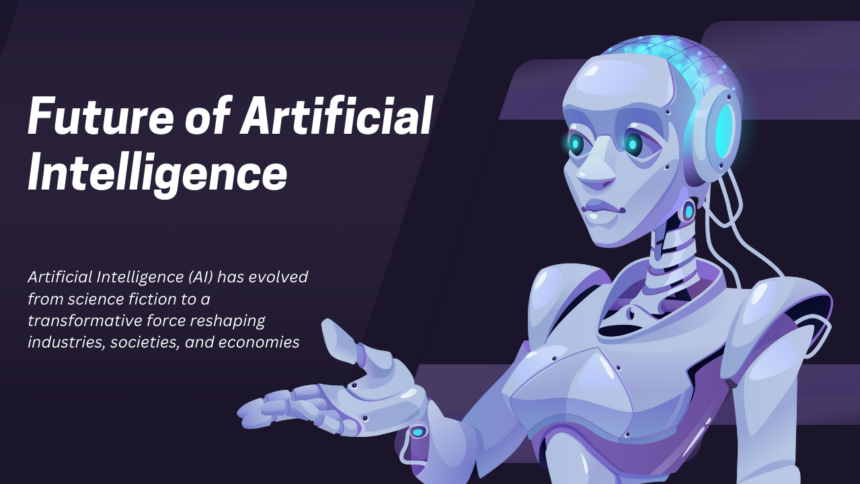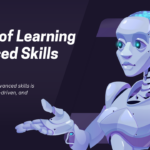Not too long ago, AI felt like something stuck in science fiction. You’d see it in movies, usually as a robot with a perfect memory and a questionable moral compass. Today, it’s quietly doing everything from helping you find the fastest route to work, to writing emails, to diagnosing rare medical conditions.
And it’s just getting started.
What used to be reserved for researchers and big-budget labs is now part of daily life and it’s evolving fast. Let’s explore where things are heading, and how these shifts are starting to shape the way we live, work, and create.
Future of AI
A few years back, AI tools were either experimental or expensive. Now, you can use them for writing, photo editing, coding, scheduling, and so much more right from your phone or laptop.
What’s changing is that AI isn’t just being built for corporations anymore. It’s being shaped for individuals. Whether you’re a small business owner, a student, or someone just trying to automate boring stuff at work, there’s probably an AI tool built for you (or there will be soon).
Expect even more personal, intuitive experiences tools that feel like assistants tailored to your habits, your goals, and even your quirks.
Smarter Tech, Less Friction
AI isn’t just about solving hard problems. It’s about making everyday life feel smoother.
Imagine tools that learn how you work and gently adapt without needing to be told. Think calendar apps that understand your ideal day and plan around your energy levels. Or virtual teammates that can draft a proposal while you sleep.
The future isn’t loud and flashy. It’s quiet improvements that you barely notice until you realize how much time and energy you’re saving.
Big Shifts in Work and Creativity
One of the biggest areas we’re seeing AI reshape is how we work and create.
Writers use it to test out angles or refine tone. Designers use it to speed up drafts. Developers use it to squash bugs faster. And for people starting something new launching a store, building a portfolio, designing a game AI tools are making it easier to go from idea to execution.
The tools aren’t perfect. They don’t replace experience. But they can give people a running start. That’s a big deal for someone who might have never had access to the right resources before.
Challenges Are Part of the Deal
With all this growth, it’s not all smooth sailing. There are real concerns about how AI is used from bias in training data to who controls these systems.
Then there’s the flood of AI-generated content, job fears, and deep questions around trust and privacy. These aren’t small issues, and they won’t be solved overnight.
But here’s the thing awareness is growing. More people are asking better questions. More builders are taking responsibility for how their tools are used. The conversation around AI is getting smarter and that matters.
The Next Wave: Collaboration Over Automation
Right now, a lot of AI discussion focuses on what it can do for us. But the real turning point is when it starts working with us.
Imagine an architect sketching a building concept, then handing it off to an AI to test for safety, suggest eco-friendly materials, and visualize lighting at different times of day all in a matter of minutes.
That’s not AI replacing the expert. That’s AI helping the expert do more than they ever could on their own.
What You Can Do Right Now
AI’s future is still being shaped. And you’re part of that. Whether you’re using it, building with it, or just learning what’s out there this is a good time to lean in.
Try tools. Ask questions. Think about how they could make your life easier or more interesting. Don’t wait for some perfect version of the tech to arrive the real shift happens when real people get curious and start exploring.
The future of AI isn’t coming someday.
It’s already here one useful, imperfect, brilliant innovation at a time.


